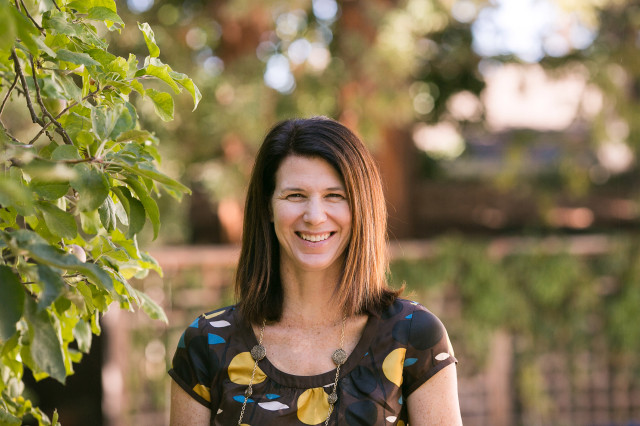Why I Became a Venture Partner
By Ann Crady Weiss, November 15, 2016
If you had asked me 10 years ago if I thought I’d be a venture capitalist someday, I would have laughed. Not because I knew women in the venture capital community are largely underrepresented (though they are), but because I’d never considered this career path. Starting a business, yes… But becoming a venture capitalist was not on the list.

I was inspired to create my first company, a social network targeting new moms called Maya’s Mom, when working for Yahoo! in 2006. At a company offsite, I heard then Yahoo! executive (turned True Ventures partner) Toni Schneider speak. I was immediately impressed. He was humble, wicked smart and a straight-talker. Caterina Fake, my former Yahoo! colleague, now co-founder of Flickr and a founder of several True portfolio companies, put in a good word for me with Toni.
At that point, I had my pitch down pat and things were going well, but I wanted more money in my round. Toni and I met so he could hear my pitch. We clicked instantly. Within two days, my teammates and I met the entire True team at Hotel Vitale during their company off-site. They showed a lot of enthusiasm for us and the business.
I loved that everyone, including a woman, who I later learned ran operations for the firm, asked us all the “right” questions. Almost immediately after our pitch, True offered substantially more money than we’d asked for. It meant I had to cut back on the money we received from other investors, but my gut said it was worth it.
The True team is made up of genuinely good folks who believe in helping great people create great companies. People come first always, and they tend to stick around once True invests in them. Three of our four first Maya’s Mom teammates are still in the True family. In addition to me, Marcus Kazmierczak is now a data wrangler for WordPress (Automattic) and Shino Tanaka leads communications and community engagement for Madison Reed.
Of course, I didn’t go from portfolio company founder to venture partner over night. Maya’s Mom was acquired by BabyCenter in 2006, and for the next two years I ran consumer experience for BabyCenter where I met my husband David Weiss. I loved my time there, but also knew there was a big opportunity to create a more personalized, insights-rich experience for new, overwhelmed parents. Dave and I founded Hatch Baby in 2013, and I found myself pitching True, and landing funding, a second time in 2014.
A few months later, we pitched Hatch Baby on Shark Tank and brought Chris Sacca to the team (with some persistence). That was, by far, the hardest and most nerve wracking pitch I’ve ever given. But if you run a company that sells something Americans can buy, I’d highly recommend trying to land a spot on Shark Tank if you can withstand the high possibility of personal humiliation!
By this point, I’d known Toni for a decade and True had funded two of my startups. When Toni asked if I’d consider becoming a venture partner at True, I said I didn’t have the time. How was I supposed to be CEO of Hatch Baby, a parent/wife/human and venture partner? I met again with Toni and Jon Callaghan, who encouraged me to join a few partner meetings to get a feel for it.
As much as I hate to admit it, I felt like an imposter at my first handful of partner meetings. I had no experience in investing other than what I’d gained on the other side of the table with Maya’s Mom and Hatch Baby. I mentioned my doubt to a friend’s mom who asked me a great question that ultimately helped me take the leap. She said, “Ann, why not you?”
I have been joining these meetings for nearly a year now. I enjoy our partner discussions, especially because we often see things differently from one another. Our decisions are not based on consensus. Rather, they are based on the strengths of each partner given our unique experiences and areas of expertise. Yes, I’m still new in the grand scheme of things. But I bring a unique perspective to the table as an operating CEO and as a woman.
I am forever grateful that Jon, Toni and the True team gave me this opportunity. This firm is a family, and that kinship extends to our founders and their employees. It’s not just about the numbers; it’s about people, relationships and identifying the strengths (differences) in one another.
And to anyone who has ever had to convince themselves that they add value or deserve a seat at the table, ask yourself this: Why not you?

